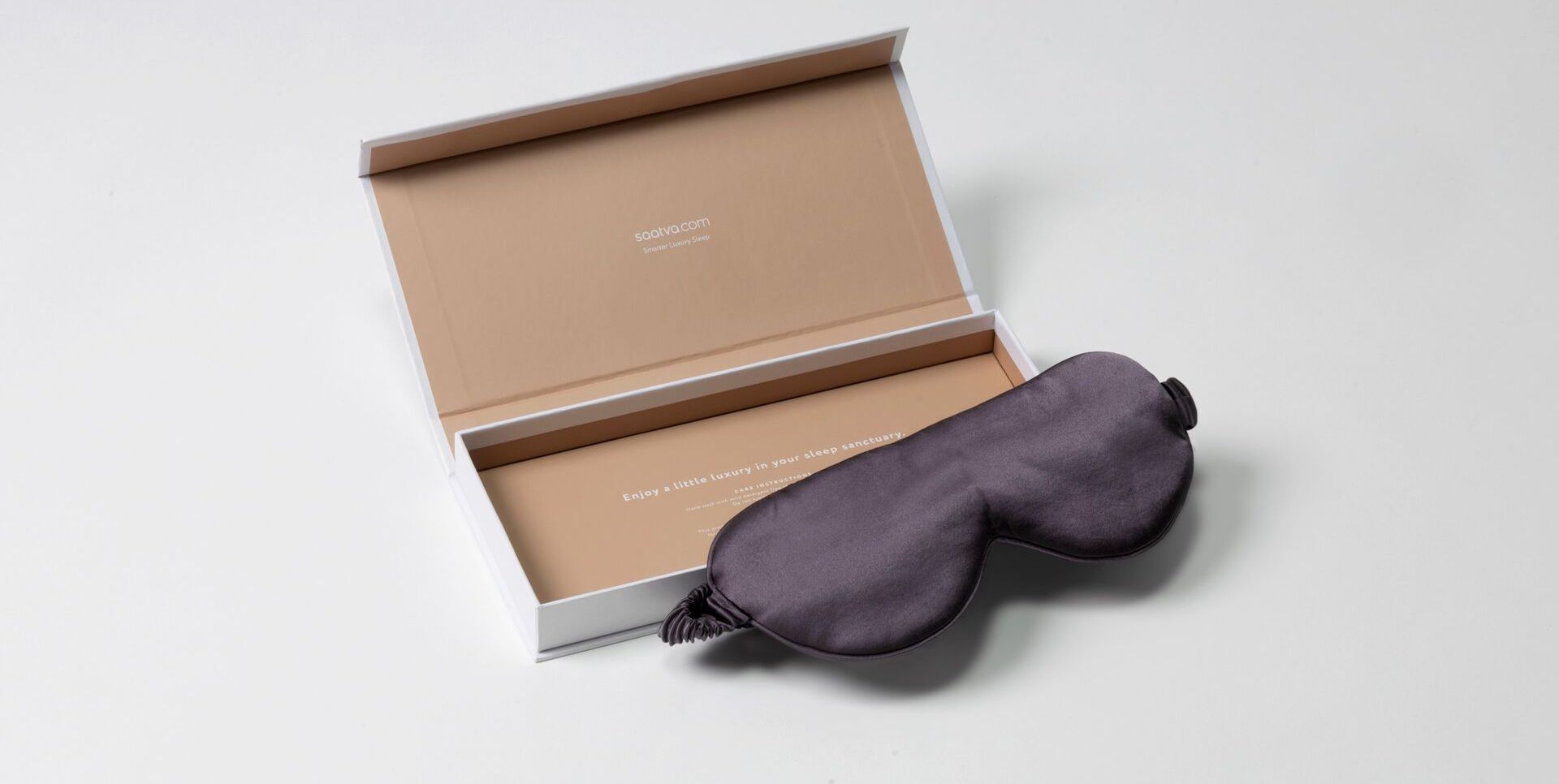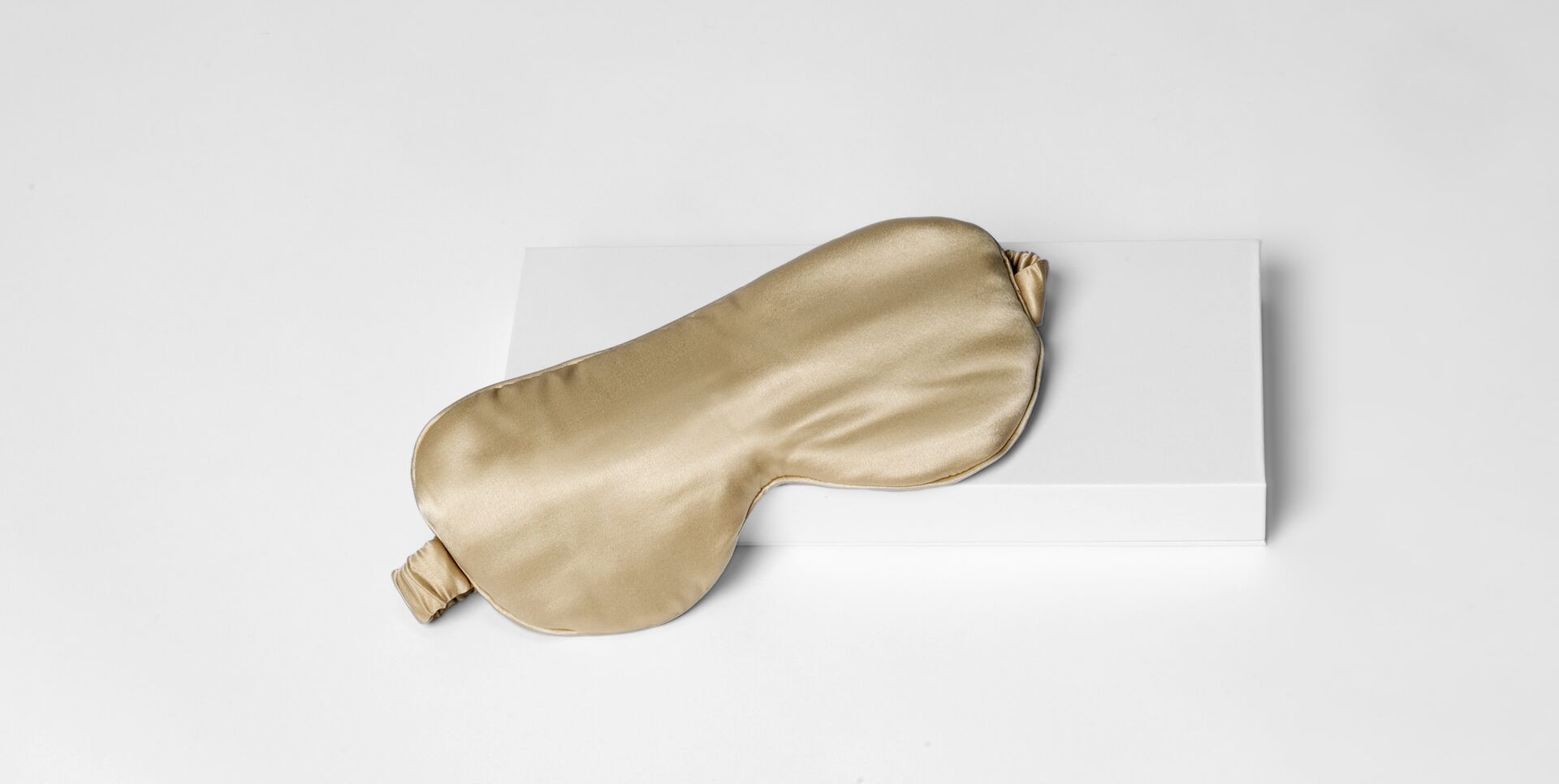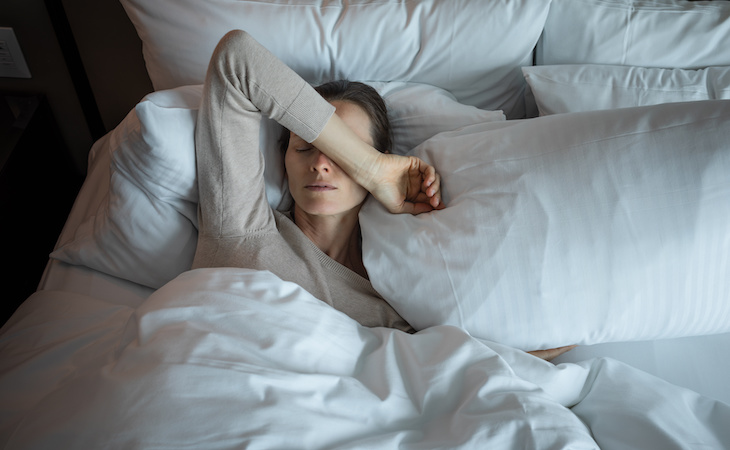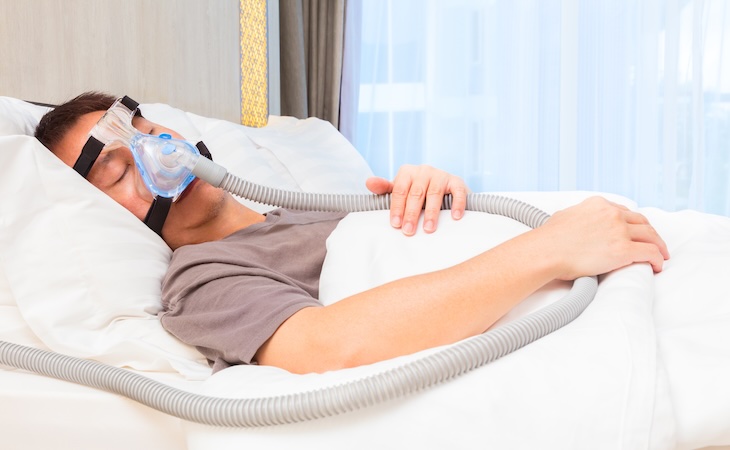It can be tough to get enough shut-eye when you work just a regular 9-to-5 day job. But if you’re one of the 15 million Americans doing shift work, it’s even more challenging. “If you were to ask me what sleep disorder is most impactful to your health, I’d say it’s by far and away shift work,” says Christopher Winter, MD, a sleep specialist in Charlottesville, Virginia, and author of The Sleep Solution: Why Your Sleep is Broken and How to Fix It.
Shift work sleep stats
Research backs him up, as a number of studies have found that shift work raises your risk of common—but serious—health conditions. For example:
- Shift workers face a 42% increased risk of developing type 2 diabetes, according to a Chinese study published in 2014 in the medical journal Occupational and Environmental Medicine.
- Women who worked night shifts for 30 years were more than twice as likely to develop breast cancer as those who had a more regular schedule, according to a 2013 Canadian study published in the British Medical Journal.
- Female nurses who work a rotating night shift for at least five years have a slightly higher risk of heart disease, according to a Harvard study published in the Journal of the American Medical Association in 2016.
- And a French study published in 2014 in the British Medical Journal found that people who have performed shift work for at least a decade have much lower cognitive and memory scores than those the same age with a more traditional schedule—in fact, researchers said that statistically, they appeared almost seven years older.
Shift work’s impact on sleep
One of the primary reasons shift workers have poorer health is that they simply don’t get enough sleep. “If you look at someone working a night shift, compared to someone working a regular 9-to-5 job, you’ll see that the shift worker is losing six to seven hours of sleep per week compared to the normal worker,” says Winter. Erratic schedules can make it harder to find time to fit in regular exercise and to eat healthfully, especially since night workers typically miss normal meal times with friends and family.
The other big challenge is that shift work disrupts the body’s circadian rhythm, the internal clock that is controlled by natural daylight and darkness. “When these are disrupted, they throw everything out of whack, including hormones such as insulin, cortisol, and even appetite-stimulating hormones such as ghrelin,” Winter explains. As a result, the cardiovascular system, metabolism, digestion, immune system, and overall hormonal balance are all affected. (Here’s a closer look at what happens to your body when you don’t get enough sleep.)
The good news is, there are things shift workers can do to help improve their overall sleep quality—and reduce health risks in the bargain.
Shift work sleep tips
If you work an irregular shift, you’ll sleep better and feel more energized during your work day if you follow these six simple shift work sleep tips:
Invest in a pair of blue blockers
You may start to feel sleepy as you’re nearing the end of your shift, but as soon as you step out into bright daylight, that feeling will vanish, says Winter. Blue blocker glasses can help. These specs not only protect against the sun, but they also filter all types of blue light—the same frequency of light emitted by electronic devices, which has been shown to suppress your body’s production of the sleep-promoting hormone melatonin. One good option: the Uvex Skyper (less than $10 on Amazon). When Consumer Reports tested blue blocker glasses, it found that these were the only ones that cut out almost all blue light.
Set up your bedroom for sleep
If you want to know how to get enough sleep when working night shift, start by making your bedroom into the perfect sleep environment. “You want to make sure the room is pitch black at noontime,” Winter advises. Install blackout curtains and shades—Wirecutter recommends the Select Blinds Signature Cordless Blackout Shade. (A simpler option is to invest in a good sleep mask.) A white noise machine can block out any outdoor daytime sounds that might disturb your rest. And keep the room cool—between 60 and 67 degrees is conducive to the best sleep, according to the National Sleep Foundation.
Buy a lightbox
Use it for 15 minutes when you wake up, says Winter. Light has a stimulating effect and can help adapt your circadian rhythms to your current work schedule. As a result, you’ll start your shift more energized, and you’ll be more likely to be sleepy towards the end of your work day. To minimize shift work sleep issues, look for a lamp that emits about 10,000 lux, like Lightphoria ($109.99 on Amazon).
Consider taking melatonin
For people who aren’t working the night shift, melatonin levels naturally increase a few hours before bedtime, as the body winds down and prepares for sleep. But if you’re exposed to light at night, your body’s natural production of melatonin is altered. That can lead to shift work-related sleep problems and trouble falling asleep and grogginess during your shift. Talk to your doctor about taking melatonin to help “reset” your body clock. He or she can also advise on the proper dose, and when to take it. (Here’s what you need to know about the risks of natural sleep supplements.)
Use caffeine strategically
A cup of joe (or two) right when you wake up, or throughout the first half of your shift, can help keep you feeling energized and alert. But since caffeine remains in your body for many hours, make sure you taper off as your workday winds down, ideally not consuming it at all in the last half of your shift.
Catch a few extra winks on your days off
In general, you want to try to keep your sleep schedule as consistent as possible, even on days you’re not working, Winter says. But that’s not always practical when you’re also balancing family life. The good news is, you don’t have to feel guilty about sleeping in: New research shows it may help you live longer, especially if you don’t get quite enough sleep during the week.
When Swedish researchers examined the sleep habits of more than 43,000 people, they found that while those who slept less than five hours a night had a higher chance of dying, that risk was negated when they made up that extra sleep on the weekends. In fact, they had the exact same mortality rate as consistent seven-hour-a-night sleepers, according to the study, published this past April in the Journal of Sleep Research. So turn on that white noise machine, put on your eye shades, and sink down between your comfy sheets into sweet slumber. You deserve it!
Whether or not you work a night shift, take our self-test to find out whether you’re sleep deprived—and what to do about it.






